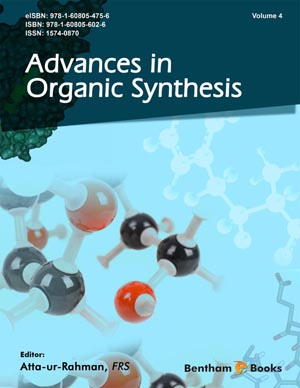Abstract
Based on the usefulness and importance among the spices, black pepper
(Piper nigrum L.) is commonly referred to as “The King of Spices”. It is valued for its
flavor, aroma, nutritional, and medicinal uses. The value of pepper is owed to its
pungency and flavor, which is attributed to the presence of a naturally occurring
alkaloid known as piperine. The amount of piperine varies in plants belonging to the
Piperaceae family; it constitutes 2% to 7.4% of both black pepper and white pepper. It
has been confirmed from the scientific studies that piperine has many bioactive effects,
such as antimicrobial action, as well as many physiological effects that can contribute
to general human health, including immunomodulatory, hepatoprotective, antioxidant,
antitumor, and many other activities. Clinical studies demonstrated remarkable
antioxidant, antitumor, and drug availability-enhancing characteristics of this
compound, together with immunomodulatory potential. All these properties showed the
therapeutic potentials of piperine and the need to incorporate this compound into
general health-enhancing medical formulations, as well as into those that would be
used as adjunctive therapy in order to enhance the bioavailability of various therapeutic
drugs. The present chapter accounts for an overview of the therapeutic properties of
piperine, the bioactive constituent of pepper. It also focuses on methods used to extract
piperine from pepper along with recent approaches for the enhancement of the
bioavailability of piperine.
Keywords: Alkaloid, Antioxidant, Bioavailability, Immunomodulatory, Piperine.






















